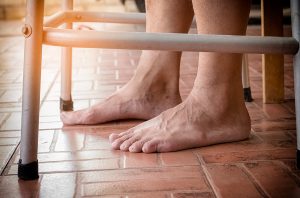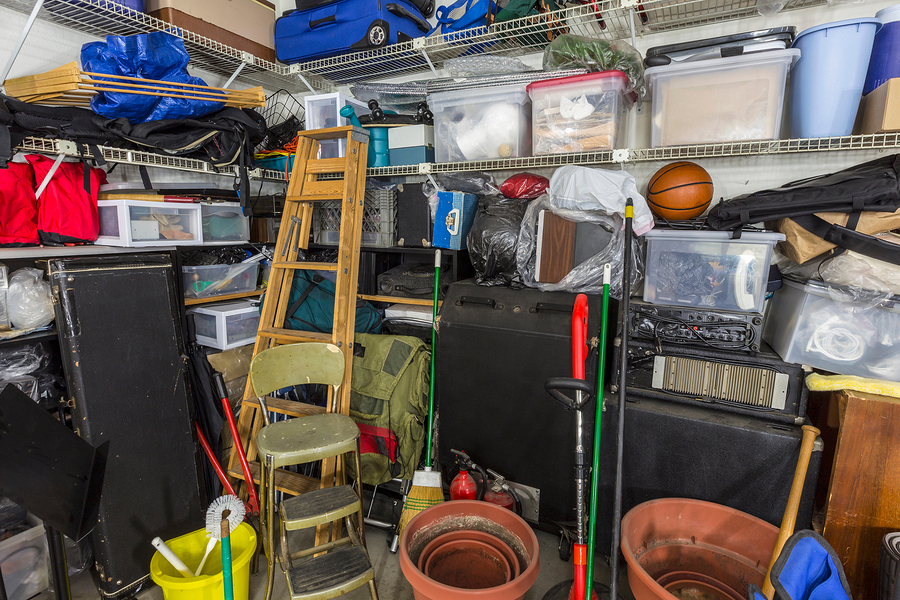What Might Be Causing Mom’s Feet and Ankles to Swell
Category:

Janet and her elderly mother, Eliza, had spent a few hours in the kitchen baking and making an elaborate family meal. Later, when Eliza sat down for a few minutes to put her feet up, Janet noticed that her ankles appeared swollen. She’d never seen that in her mother before, but Eliza said it happened sometimes. Concerned, Janet scheduled an appointment with Eliza’s doctor. The doctor called the swelling edema, a term Janet wasn’t familiar with.
What is Edema?
Edema is the medical term for swelling due to fluid that is trapped in tissues. It can happen in any part of the body, but it’s usually more noticeable in the feet, ankles, legs, arms, and hands. It’s common and most of the time it’s not cause for worry. However, if it doesn’t go away or if the older adult has other symptoms, you should contact a doctor.
The signs of edema are:
- Puffiness in the area.
- Skin that looks stretched or shiny.
- Pressing the skin causes an impression that remains for several seconds.
- The abdomen looks larger than normal.
What Causes Edema?
Edema happens when tiny blood vessels, called capillaries, leak fluids. The fluid sits in the tissues near the capillaries and make them swell. Edema can be caused by sitting or standing for too long. It can also happen if your aging relative eats too much salty food. It can also be a side-effect of certain medications, such as those used for high blood pressure and some medicines used for diabetes.
Edema can also be a signal that there is a more serious problem. Some conditions that may cause edema are:
- Congestive Heart Failure: When a person has congestive heart failure, the heart doesn’t pump effectively. This can cause blood to pool in the lower extremities. It can also make the abdomen appear swollen.
- Kidney Problems: Kidney disease can cause fluid retention in the legs and around eyes. Kidney damage can result in less protein in the blood, which can cause fluid to accumulate.
- Weak or Damaged Veins in the Legs: When the valves in the blood vessels in the legs are damaged or weak, blood can remain pooled in the legs, causing swelling.
If your aging relative experiences edema, an elderly care provider can help them to deal with it at home. The elderly care provider can advise the senior to sit or lie down with the swollen area elevated on pillows. It can also help to move around a bit. An elderly care provider can take the older adult for a short walk.
Sources
https://www.mayoclinic.org/diseases-conditions/edema/symptoms-causes/syc-20366493
https://www.webmd.com/a-to-z-guides/swollen-ankles-and-feet#1
Subscribe
Date: December 21, 2018
Category:


